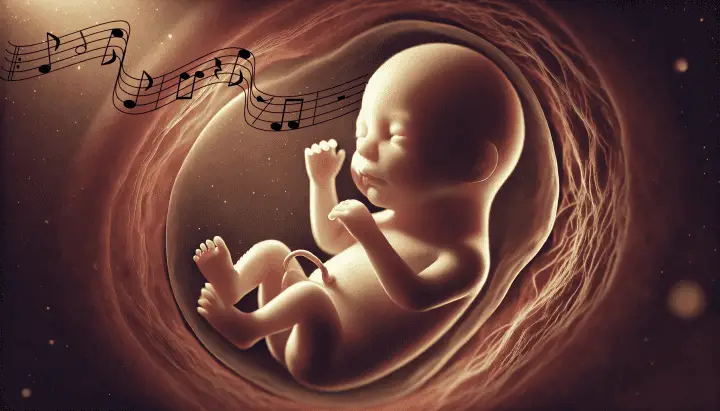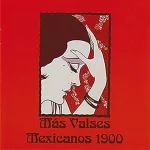
A 2024 study recently published by Chaos investigated the effects of classical music on fetal heart rate. The data was gathered from 37 unborn children between 32 to 40 weeks gestation, using recurrence quantification analysis (RQA). Researchers discovered that after music exposure, fetal heart rate patterns became more stable and predictable. The findings indicate that music stimulation promoted more organized autonomic responses. In addition, the period after exposure to the music showed an increase in fetal movement patterns, suggesting that music may impact both autonomic regulation and behavioral states.


The two songs used in the study were “The Swan” by Camille Saint-Saëns and “Arpa de Oro,” a classical Mexican song composed by Abundio Martínez.
The study confirms that music can have an impact on the unborn. Parents have known for years that babies who are exposed to certain songs in the womb respond positively to the same tunes after birth. Some researchers believe that playing classical music for your baby can actually enhance cognitive development.
After birth, music can support a child’s development by improving auditory processing and helping them to recognize patterns and rhythms, especially if parents are involved with them in musical activities like singing, clapping and dancing.
If you want to share classical music with your kids but don’t know where to start, check out our list of the top ten classical pieces for kids! And if you need some calming music for naps or bedtime, these pieces are beautiful, soothing, and quiet: Clair de Lune by Debussy, Nocturne in E flat Major by Chopin, and Après un Rêve by Fauré.
